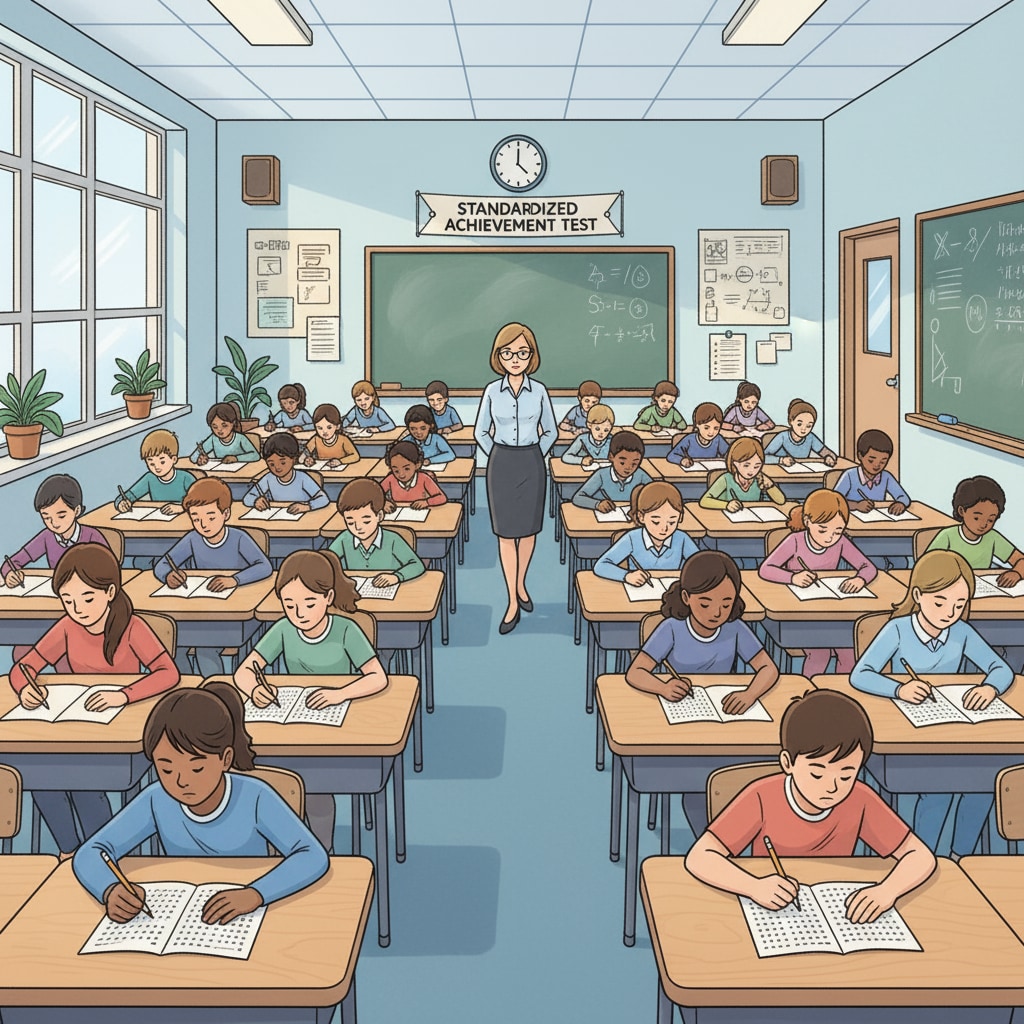School education, life skills, and practical knowledge are areas that, surprisingly, often show a significant disconnect in the modern educational landscape. For years, students have been going through the K12 education system, spending a total of twelve years in school, yet find themselves ill-equipped when it comes to handling real-life situations. This raises the crucial question: why is there such a gap?

The Overemphasis on Academic Knowledge
In the current school education system, there is an overwhelming focus on academic knowledge. Teachers are often pressured to cover a vast curriculum to prepare students for standardized tests. These tests mainly assess students’ ability to memorize facts and theories. For example, in subjects like history and science, students are drilled to remember dates, names, and scientific formulas. Standardized testing on Wikipedia explains how these tests have become a cornerstone of modern education, but they rarely measure a student’s practical understanding or real-life application skills. As a result, students may achieve high grades but lack the ability to use that knowledge in practical scenarios.
The Neglect of Essential Life Skills
One of the most significant drawbacks of school education is the neglect of essential life skills. Areas such as financial management, interpersonal communication, and basic home maintenance are hardly touched upon in the curriculum. Financial management is a crucial skill that everyone needs in life. However, most students graduate from high school without a basic understanding of budgeting, saving, or investing. Interpersonal communication is another area that is vital for success in both personal and professional life. Yet, schools rarely provide adequate training in effective communication, conflict resolution, and relationship building. Education on Britannica emphasizes the importance of integrating practical life skills into the educational system.

Another aspect is home maintenance. Simple tasks like fixing a leaky faucet or changing a light bulb are skills that can come in handy in daily life. But these are not part of the regular school curriculum. Students are left to figure these things out on their own when they move out of their parents’ homes, which can lead to unnecessary stress and difficulties.
Readability guidance: As we can see, the current school education system has some significant flaws. By overemphasizing academic knowledge and neglecting essential life skills, it fails to fully prepare students for the real world. In the next section, we will discuss possible solutions to bridge this gap.


